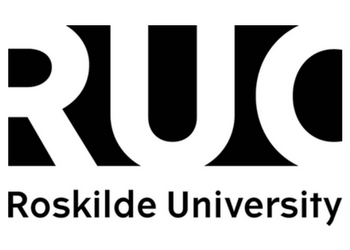Research Team
Making it Home: An Aesthetic Methodological Contribution to the Study of Migrant Home-Making and Politics of Integration -MaHoMe
Kingston University (UK)
![]()
![]()
Professor Fran Lloyd
I am Professor of Art History and Co-Director of the Visual and Material Culture Research Centre at Kingston University London. I have published widely on contemporary and modern visual culture with a particular specialism in the history, theory and practice of migrant artistsin the UK,and have over 20 years of experience collaborating on international arts and humanities projects across the museums, galleries and voluntarysectors. With expertise in qualitative research methods, including archive driven research, interviews, visual ethnographies and participatory methods, I have led national and transnational funded research projects with multifaceted outputsof exhibitions, public events and workshops, commissioned film, on-line platforms and publications.
Projects includethe ongoing ‘Migrant and Refugee Artists in Britain’, initiated in 2009, that has focused on artists fleeing Nazism in Europe in the early 1940s, and contemporary artists from the Arab world, alongside studies of individual patrons and institutions that gave them support. Other ongoing projects include the ‘The Art of Intervention: Art, Performance and Activism’ with Kyoto Seika University, Japan, and the ‘Eadweard Muybridge’project, both initiated in 2010. From 2008 to 2012, I led the Dora Gordine project focusing on the Latvian-born, Estonian and Paris-trained émigré artist/designer (funded by Arts & Humanities Research Council, Henry Moore Foundation and PaulMellon) andthe ‘Public Monuments & Sculpture (PMSA), National Recording Project, funded by Heritage Lottery Grant, Paul Mellon Foundation and AHRC Research grants(2001-2006). LINK
![]()
Annabelle Wilkins
I am a post-doctoral researcher on the MaHoMe project with particular interests in the intersections between home-making and belonging in contexts of (im)mobility. My background spans the disciplines of human geography, anthropology and sociology, and I have explored the topics of migration and home using ethnography, in-depth interviews, policy analysis and visual methods. Most recently, I was a Research Associate on the AHRC Translating Asylum project at the University of Manchester, where I worked on a project examining how refugees in the UK have been provided with language support, drawing on archival research, policy analyses and the narratives of refugees and interpreters with experience of displacement.
My doctoral research explored relationships between home, work and migration among Vietnamese communities in East London, drawing on the narratives of participants who migrated from Vietnam to London between 1979 and 2014, alongside ethnography and participatory visual methods. This research highlighted multiple forms of home-making in domestic, public and virtual spaces, as well as revealing how migrant home-making is enabled and constrained by precarious work, insecure housing and immigration policies. This research was published as a book entitled Migration, Work and Home-Making in the City: Dwelling and Belonging among Vietnamese Communities in London (Routledge, 2019). I have authored and co-authored peer-reviewed book chapters and articles in journals including Area and Gender, Place and Culture. My research has been featured in publications including The Conversation and Refugee History. I have also disseminated my research in exhibitions at the Museum of the Home in 2017 and in the Refugees: Forced to Flee exhibition at the Imperial War Museum in 2020. I am Associate Editor of the journal Crossings: Journal of Migration and Culture.
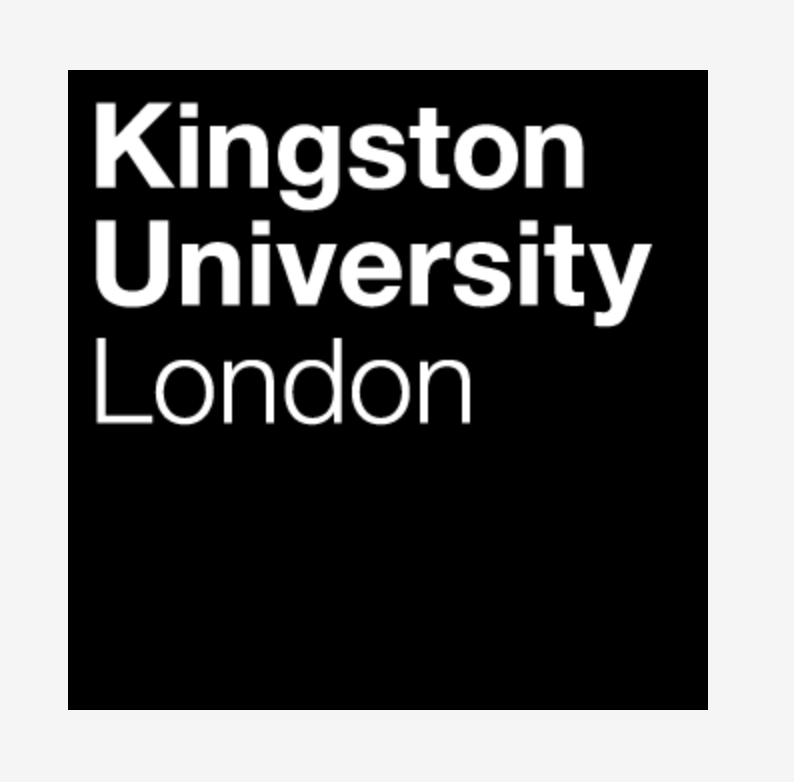
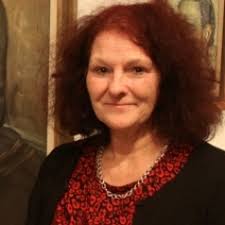
Professor Fran Lloyd
I am Professor of Art History and Co-Director of the Visual and Material Culture Research Centre at Kingston University London. I have published widely on contemporary and modern visual culture with a particular specialism in the history, theory and practice of migrant artistsin the UK,and have over 20 years of experience collaborating on international arts and humanities projects across the museums, galleries and voluntarysectors. With expertise in qualitative research methods, including archive driven research, interviews, visual ethnographies and participatory methods, I have led national and transnational funded research projects with multifaceted outputsof exhibitions, public events and workshops, commissioned film, on-line platforms and publications.
Projects includethe ongoing ‘Migrant and Refugee Artists in Britain’, initiated in 2009, that has focused on artists fleeing Nazism in Europe in the early 1940s, and contemporary artists from the Arab world, alongside studies of individual patrons and institutions that gave them support. Other ongoing projects include the ‘The Art of Intervention: Art, Performance and Activism’ with Kyoto Seika University, Japan, and the ‘Eadweard Muybridge’project, both initiated in 2010. From 2008 to 2012, I led the Dora Gordine project focusing on the Latvian-born, Estonian and Paris-trained émigré artist/designer (funded by Arts & Humanities Research Council, Henry Moore Foundation and PaulMellon) andthe ‘Public Monuments & Sculpture (PMSA), National Recording Project, funded by Heritage Lottery Grant, Paul Mellon Foundation and AHRC Research grants(2001-2006). LINK
Annabelle Wilkins
I am a post-doctoral researcher on the MaHoMe project with particular interests in the intersections between home-making and belonging in contexts of (im)mobility. My background spans the disciplines of human geography, anthropology and sociology, and I have explored the topics of migration and home using ethnography, in-depth interviews, policy analysis and visual methods. Most recently, I was a Research Associate on the AHRC Translating Asylum project at the University of Manchester, where I worked on a project examining how refugees in the UK have been provided with language support, drawing on archival research, policy analyses and the narratives of refugees and interpreters with experience of displacement.
My doctoral research explored relationships between home, work and migration among Vietnamese communities in East London, drawing on the narratives of participants who migrated from Vietnam to London between 1979 and 2014, alongside ethnography and participatory visual methods. This research highlighted multiple forms of home-making in domestic, public and virtual spaces, as well as revealing how migrant home-making is enabled and constrained by precarious work, insecure housing and immigration policies. This research was published as a book entitled Migration, Work and Home-Making in the City: Dwelling and Belonging among Vietnamese Communities in London (Routledge, 2019). I have authored and co-authored peer-reviewed book chapters and articles in journals including Area and Gender, Place and Culture. My research has been featured in publications including The Conversation and Refugee History. I have also disseminated my research in exhibitions at the Museum of the Home in 2017 and in the Refugees: Forced to Flee exhibition at the Imperial War Museum in 2020. I am Associate Editor of the journal Crossings: Journal of Migration and Culture.
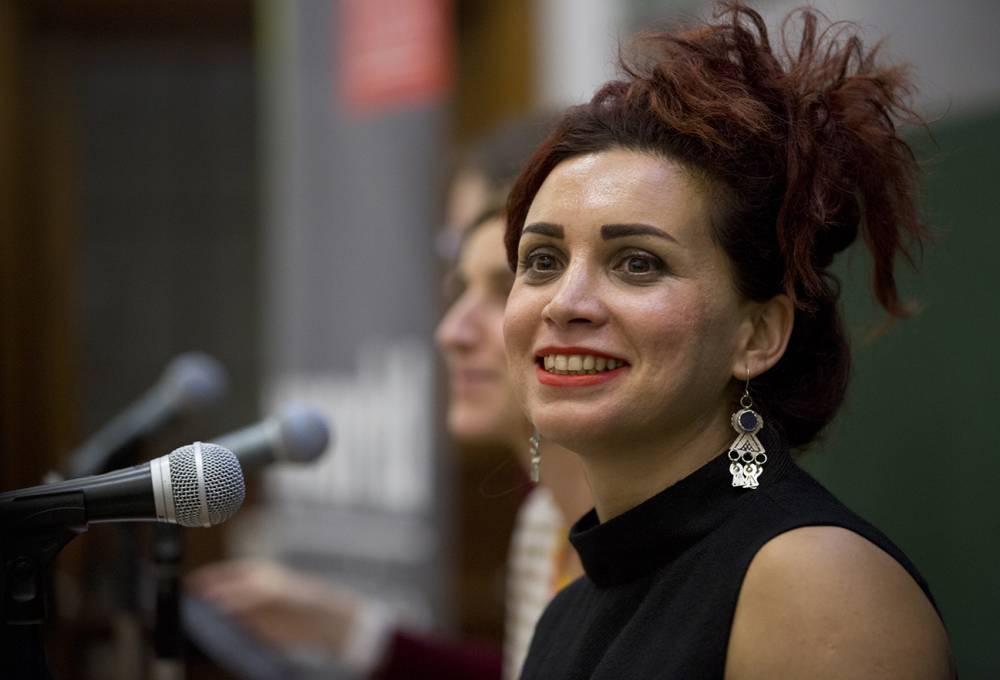 Dr Azadeh Fatehrad
Dr Azadeh Fatehrad My research, artistic and curatorial projects centre on the representation of diaspora and double agency within the medium of still and moving images. Engaging with socio-cultural factors, I reflect on the notion of individual struggle to navigate through complex social relations and the diverse negotiations of agency within artistic practice.
In November 2018, as part of my reserach at KU, I initiated ‘Making it Home: An Aesthetic Methodological Contribution to the Study of Migrant Home-Making and Politics of Integration -MaHoMe’ (2020-2024) applying for a grant to enable me to expand my research through a cross-disciplinary approach. I brought together my network from the Nordic countries including Baltic Art Center (Sweden), Lund university (Sweden) and VIA University College (Denmark) and invited Prof. Fran Lloyd to lead the team in applying for NordForsk funding. I am delighted that, having passed several selection stages, we are now one of the recipients of the funding.
My interdisciplinary research overlaps discourses such as political science, intersectionality, migration studies, visual culture, representation, photography and architecture, as well as cultural studies. My practice ranges from still and moving images, to fictional stories, short films and artist books, which have been exhibited internationally at the Royal Academy of Arts (London), Somerset House (London), Weltkulturen Museum (the Museum of World Cultures) (Frankfurt), Lychee One Gallery (London) and The Barn Gallery (Oxford), among other places.
My recent publications including‘Sohrab Shahid Saless-Exile: Displacement and the Stateless Moving Image’ (2020) by Edinburgh University Press, UK and The Poetics and Politics of the Veil in Iran: An Archival and Photographic Adventure (2019) by Chicago University Press. I am currently on editorial Board for the peer reviewed journal MAI: Feminism & Visual Culture in Gothenburg, Sweden. LINK
Lund University (Sweden)
![]()
![]()
Dr. Eleonora Narvselius (Havrylyuk)
I have participated in four international research projects focusing on urban environment, memory and heritage management. I have also been involved into two COST Actions: CA16213 New Exploratory Phase in Research on East European Cultures of Dissent (NEP4Dissent), and IS1203 In Search of Transcultural Memory in Europe (ISTME).
I am an anthropologist, my research interests include Memory Studies, Heritage Studies, Urban Studies and studies of ethnicity and nationalism. In the course of my research career I have participated in several international research projects focusing on urban environment, memory and heritage management, e.g., Life Forms in the Suburbs of Large Cities in the Baltic Sea Region (funded by the Swedish Research Council, project leader Prof. Karl-Olof Arnstberg, 1999-2001) and Memory of Vanished Population Groups and Societies in Today’s East- and Central European Urban Environments. Memory Treatment and Urban Planning in Lviv, Chernivci, Chisinau and Wrocław (funded by the Swedish research foundation Riksbankens Jubileumsfond, project co-ordinator Dr. Bo Larsson, 2011-2014). Currently I participate in two research projects: Crafting Academic Heritage in Lund, Wroclaw, Lviv And Kaliningrad. Cultural-Historical Diversity of Universities in European Borderland Regions (Lund University, funded by Erik Philip Sörensens Foundation and Crafoord Foundation), and Enhancing Social Cohesion through Sharing the Cultural Heritage of Forced Migrations (University of Barcelona, SO-CLOSE, funded from Horizon 2020). LINK
![]()
Philip Dodds
I am an interdisciplinary researcher based at Lund University’s Department of Arts and Cultural Sciences, where I lecture in sound studies, intermedia studies and musicology. I am also a member of the research nodes for aesthetic studies and popular culture. Alongside my work on MaHoMe, I recently finished a two-year postdoc on the topic ‘Sonic Sense of Place’, and now I am embarking on a three-year project on ‘Musical Colonization’, funded by the Swedish Research Council (Vetenskapsrådet). Previously, I was a lecturer in cultural studies at the Bader International Study Centre (a UK campus of Queen’s University, Canada), and my PhD was in cultural geography from the University of Edinburgh in 2017. My PhD was part of an interdisciplinary and participatory research project called ‘Mapping Edinburgh’s Social History’. While in Edinburgh I also contributed, together with more than a dozen researchers from different disciplines, to ‘At Home in Scotland: Stories of Place’, a public engagement initiative in collaboration with the Scottish Storytelling Centre. My research spans the fields of cultural geography, urban studies and imperial history, and I study how different cultural forms and expressions can produce different kinds of place-based identities and claims to belonging, including in the politically contested förorter (suburbs) of Sweden. I am co-editor of POPULÄR – Nordic Journal of Popular Culture Studies, and author of The Geographies of Enlightenment Edinburgh (Boydell, 2022). I have published articles in such journals as Emotion, Space & Society, Transactions of the Institute of British Geographers and Global Intellectual History. LINK
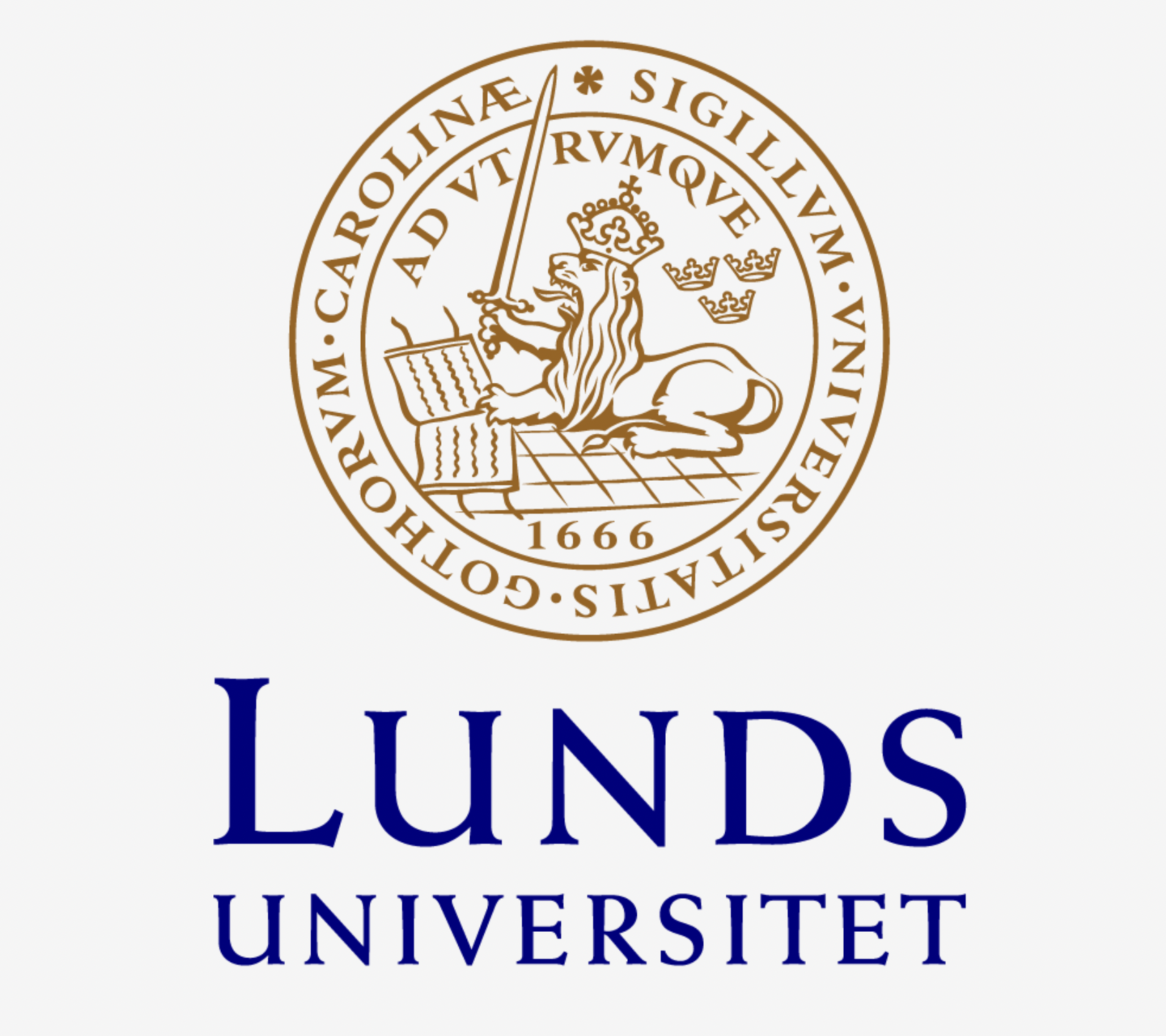
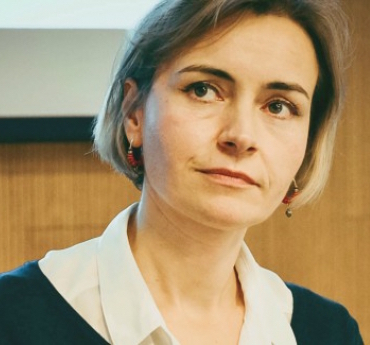
Dr. Eleonora Narvselius (Havrylyuk)
I have participated in four international research projects focusing on urban environment, memory and heritage management. I have also been involved into two COST Actions: CA16213 New Exploratory Phase in Research on East European Cultures of Dissent (NEP4Dissent), and IS1203 In Search of Transcultural Memory in Europe (ISTME).
I am an anthropologist, my research interests include Memory Studies, Heritage Studies, Urban Studies and studies of ethnicity and nationalism. In the course of my research career I have participated in several international research projects focusing on urban environment, memory and heritage management, e.g., Life Forms in the Suburbs of Large Cities in the Baltic Sea Region (funded by the Swedish Research Council, project leader Prof. Karl-Olof Arnstberg, 1999-2001) and Memory of Vanished Population Groups and Societies in Today’s East- and Central European Urban Environments. Memory Treatment and Urban Planning in Lviv, Chernivci, Chisinau and Wrocław (funded by the Swedish research foundation Riksbankens Jubileumsfond, project co-ordinator Dr. Bo Larsson, 2011-2014). Currently I participate in two research projects: Crafting Academic Heritage in Lund, Wroclaw, Lviv And Kaliningrad. Cultural-Historical Diversity of Universities in European Borderland Regions (Lund University, funded by Erik Philip Sörensens Foundation and Crafoord Foundation), and Enhancing Social Cohesion through Sharing the Cultural Heritage of Forced Migrations (University of Barcelona, SO-CLOSE, funded from Horizon 2020). LINK
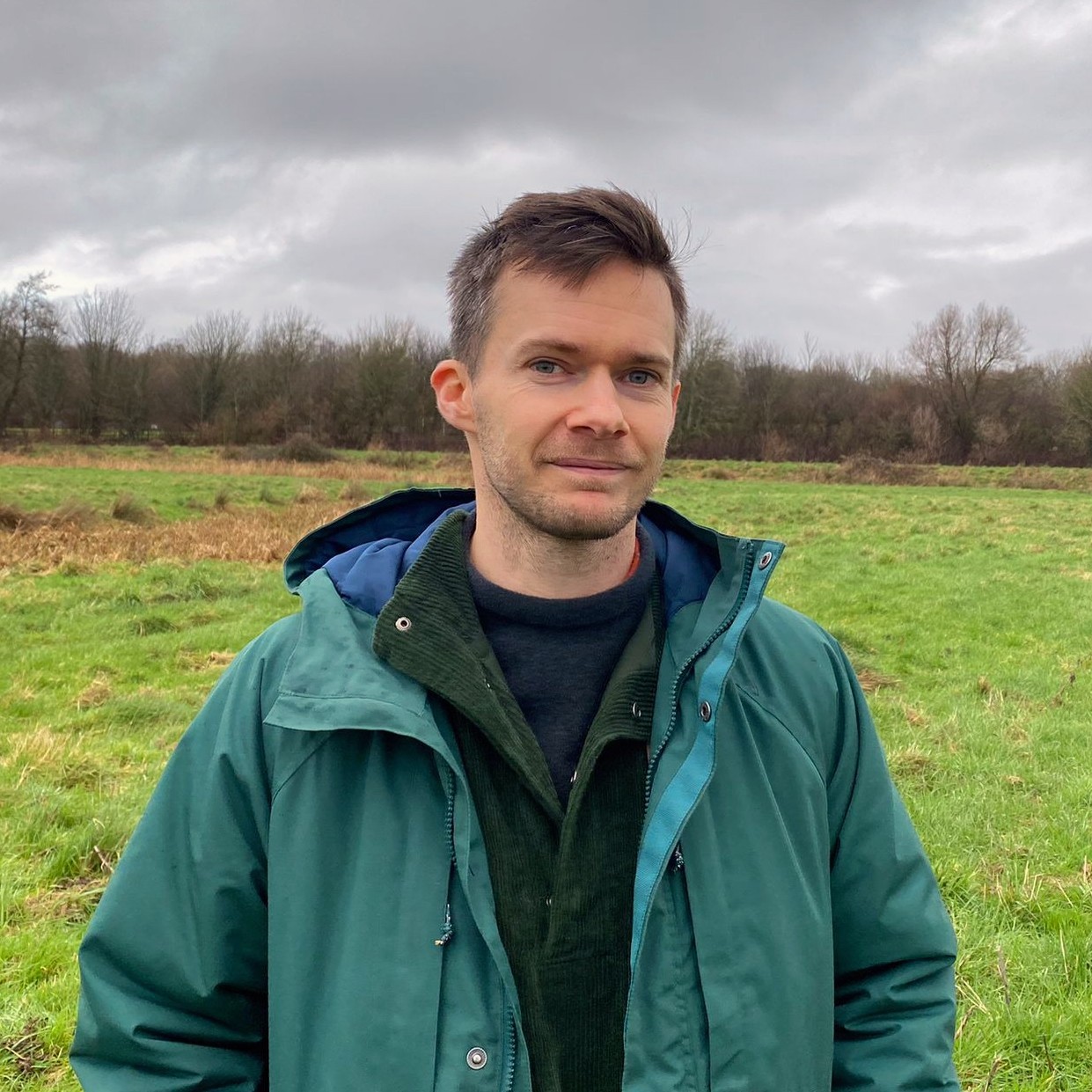
Philip Dodds
I am an interdisciplinary researcher based at Lund University’s Department of Arts and Cultural Sciences, where I lecture in sound studies, intermedia studies and musicology. I am also a member of the research nodes for aesthetic studies and popular culture. Alongside my work on MaHoMe, I recently finished a two-year postdoc on the topic ‘Sonic Sense of Place’, and now I am embarking on a three-year project on ‘Musical Colonization’, funded by the Swedish Research Council (Vetenskapsrådet). Previously, I was a lecturer in cultural studies at the Bader International Study Centre (a UK campus of Queen’s University, Canada), and my PhD was in cultural geography from the University of Edinburgh in 2017. My PhD was part of an interdisciplinary and participatory research project called ‘Mapping Edinburgh’s Social History’. While in Edinburgh I also contributed, together with more than a dozen researchers from different disciplines, to ‘At Home in Scotland: Stories of Place’, a public engagement initiative in collaboration with the Scottish Storytelling Centre. My research spans the fields of cultural geography, urban studies and imperial history, and I study how different cultural forms and expressions can produce different kinds of place-based identities and claims to belonging, including in the politically contested förorter (suburbs) of Sweden. I am co-editor of POPULÄR – Nordic Journal of Popular Culture Studies, and author of The Geographies of Enlightenment Edinburgh (Boydell, 2022). I have published articles in such journals as Emotion, Space & Society, Transactions of the Institute of British Geographers and Global Intellectual History. LINK Roskilde University
Roskilde UniversityMarta Padovan-Özdemir
I am an Associate Professor of social interventions studies and social innovation at the Department of People & Technology, Roskilde University, Denmark. I am affiliated with the research group, Organisation, Ethics and Social Sustainability (OrgESS). My research centres on diversity and discrimination with a focus on racialization in welfare work with migrants. This research focus also entails an interest in subversive practices to counter oppression. Methodologically, I work at the intersections of historical-sociological documentary analysis and ethnographic intervention exploring critical storytelling, montage and dissensus in qualitative research. I am also engaged in developing socially sustainable and just collaborations between researchers and research participants. I have recently ended a three-year project on the development of education tools for the promotion of critical thinking and prevention of radicalization funded by the Danish Ministry of Education. Ongoing projects include two research projects on norm-critical pedagogy and norm-creative innovation funded by the Danish Union of Social Educators. I have authored and co-authored a range of articles and books among which includes: “Making precarious immigrant families and weaving the Danish welfare nation-state fabric 1970-2010 (2016, with Bolette Moldenhawer) in Race Ethnicity and Education. “Migrant parents enacting citizenship” (2020, with Barbara Day) in the edited volume Family Life in Transition. I have co-edited the volume, Statecrafting on the Fringes: Studies of Welfare Work Addressing the Other (2019, with Trine Øland, Christian Ydesen and Bolette Moldehawer). I have recently published the monograph, Racism in Danish welfare work with refugees. Troubled by docility, difference and dignity (2022, with Trine Øland). LINK

Kristina Grünenberg
I am currently working as an Associate Professor at the Department of Anthropology, University of Copenhagen and as a senior researcher affiliated to the researcher group: “Organization, Ethics and Social sustainability” at the Department of People and Technology, Roskilde University.
Since the early nineties, I have done research, as well as other types of work in the field of migration, with a particular focus on the constructions of home and belonging in the context of exile. This work has mainly taken place in Bosnia/Hercegovina, Denmark and Guatemala. Over the years, I have participated in several research projects thematically located at the intersection of migration, migration policies, home and belonging i.e., from a large Nordic project on the politics of temporality and identity in the nineties, to my most recent project on biometric border control and migration (See more). My methodological toolbox is mainly equipped with ethnographic methods, a particular interest in sensory ethnography and a profound interest in engaging In- and understanding other worlds. I furthermore have a vivid interest in art as an alternative form of expression. In 2012, I co-coordinated the art project: “Sababas; The power of Art in Social Change” together with a Danish NGO, Danish and Ghanaian visual artists, filmmakers and musicians. Here Danish and Ghanaian artists joined up and created collaborative art products and alternative narratives about precarious lives in Ghana and Denmark. Being a part time musician, I have also communicated my research-based knowledge on migration through music and as such, I have aboth an academic and personal interest and experiences with the performing arts as an alternative means of communication. LINK
Selected peer reviewed publications: Grünenberg, K, Møhl,P. Fog Olwig, K. and Simonsen, A.(2020) IDentities and identity. Biometric technologies, borders and migration. Grünenberg, K. and Møhl, P. (editors) Introduction to special issue. Ethnos, Journal of Anthropology. Taylor and Francis. Grünenberg, K. (2014)'This bridge is just like the one in Višegrad!' : Dwelling, embodying and doing home across space. I: Jackson; E Jones, H., Rhys-Taylor, A. eds. Emotion and Location: Stories of cosmopolitan belonging, Routledge.
MaHoMe Advisory Board
Prof. Maja Povrzanovic Frykman, Malmö University, Sweden (LINK)
Dr Tamlyn Monson: Tamlyn Monson, Coventry University, UK (LINK)
Dr. Moritz Schramm, University of Southern Denmark, Odense, Denmark (LINK)
Workshop Facilitators:
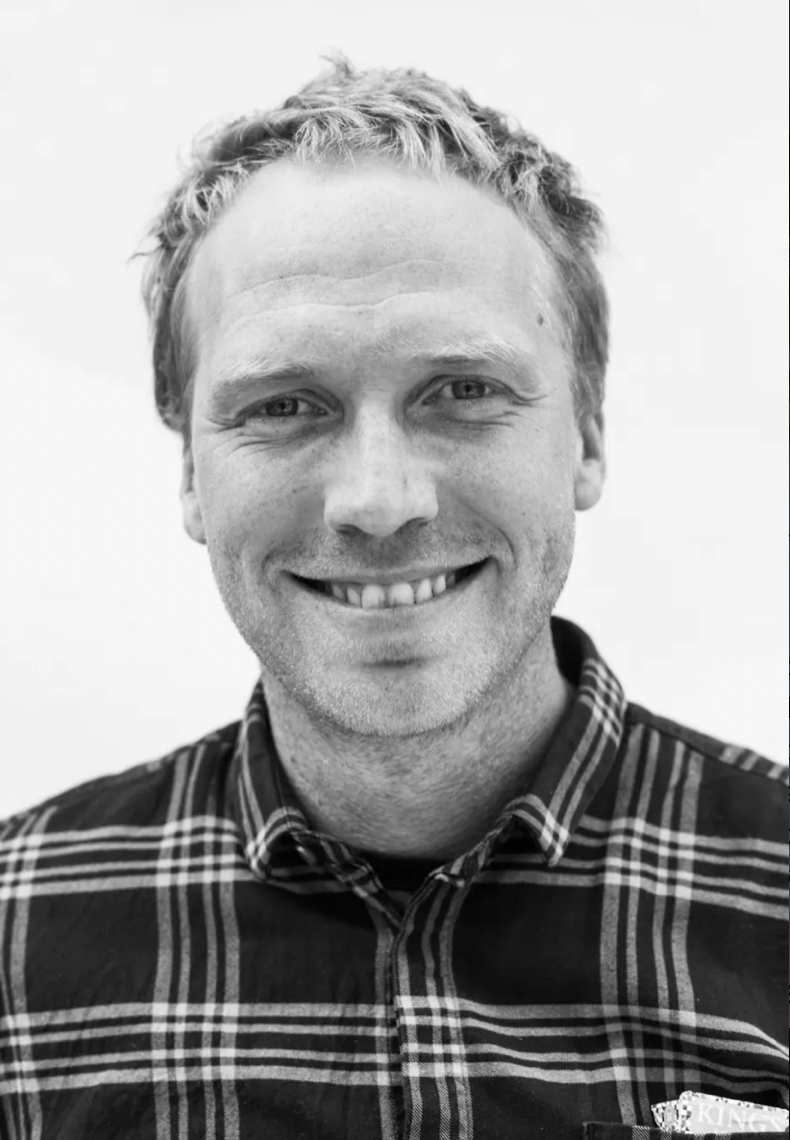
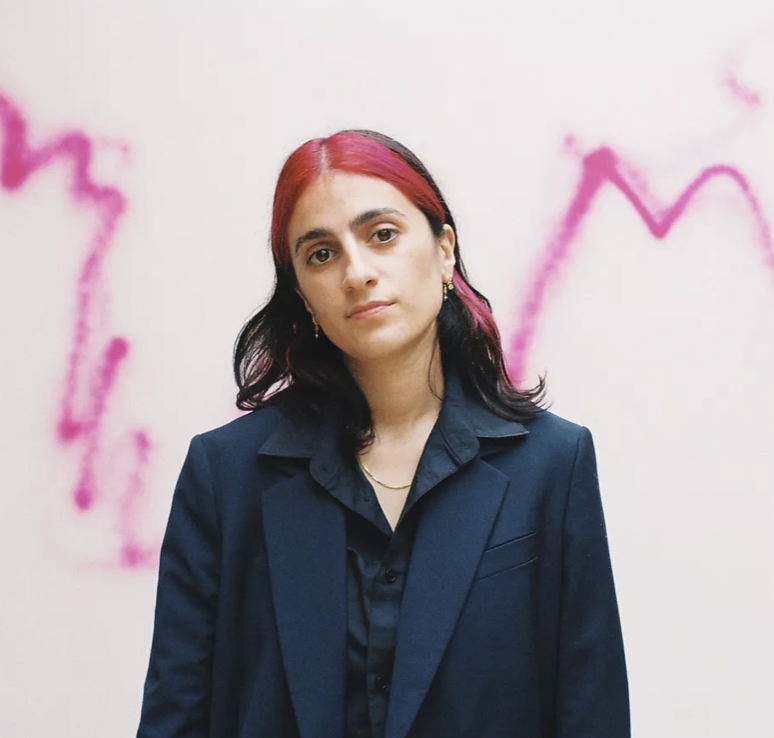

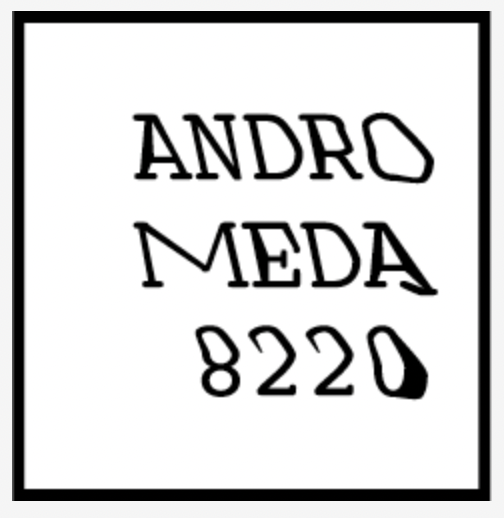
ANDROMEDA 8220 is a an independant art platform based in the neighborhood of Gellerup, Aarhus (DK). A non-profit housing neighbourhoodthat houses 6500 souls who brought the area to life since the 80s, currently undergoing the biggest renovation and demolition plan of its kind through the Masterplan, due to the state-run "Ghetto-List"/"Ghetto-Law".Our work within the cultural, architectural, and art sector is collaborative, futuristic, critical, intersectional and curious, including cross-disciplinary collaborators regionally, nationally and internationally in the conversation.We frame our work through many different methods and media, such as film screenings [Vest for Paradis], dinners [Decolonize your Tastebuds], performance and walks [Demolition Tours], talks and debates, workshops and exhibitions, a DJ school, a seminar onarchitecture and city development for local teenagers [Vi Fællesskaber Vores By].Practicing empathy and care, creating open spaces that offer truer representations, nuances and images that are whole, inspiring young generations to follow. The latter are invited to recognize, reflect and re-imagine themselves in a plethora of voices, faces and forms. Andromeda 8220 thus uses the arts, education and culture to reclaim the reality of Gellerup and Aarhus, connecting the communities, experiences and conversations within the ghetto-list galaxy.
Andromeda 8220 was exhibited and highlighted during the Venice Biennale 2018, Dimensions of Citizenship at the American Pavilion.and was also partaking in the exhibition at the 11th Berlin Biennale.Our platform houses other similar initiatives such as the local driven food cooperative and platform [Smag] à la Gellerup, and the national run CAFx: Aarhus Architecture Festival
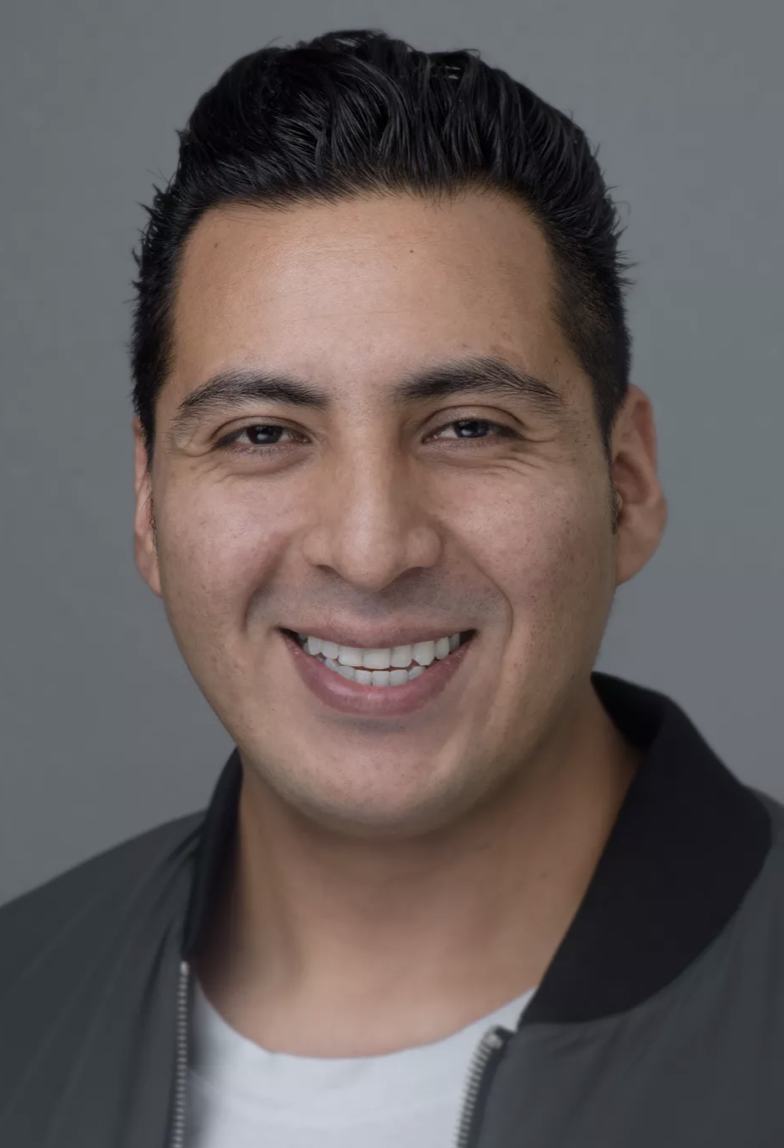
I am Victor Rios, a digital facilitator and artist, originally from Bolivia, I have been in the UK for almost 20 years.I found my passion for acting and filmmaking which eventually led me to work in theatre and film facilitation.
As an artist from an ethnic minority I felt I did not have a voice, and through working with participatory arts projects such as with students in schools of minority backgrounds, migrants and refugees, young and adult people with disabilities, the elderly and more. I was able to bring those unheard stories to life and expose them in the form of video such as films, documentaries, theatrical and more.
Currently working on a platform called Filmlocos which is focusing in bringing representation of the Latin American community in the UK. LINK
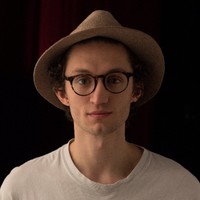
Jay Jones

Eva Hållsten
NGO Partners
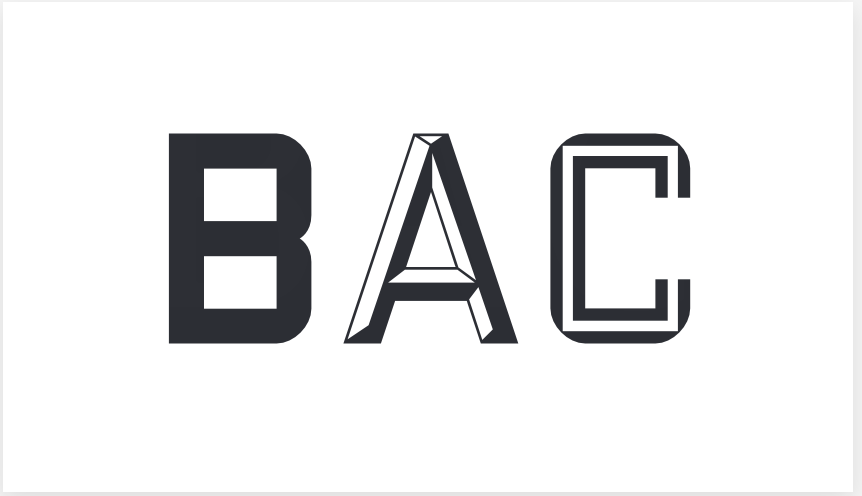
Baltic Art Center Visby
BAC -Baltic Art Center is a residency for contemporary art on the island of Gotland in the Baltic Sea. We constitute an international meeting place in the Baltic Sea Region that brings together artists and organisations regionally and internationally. As a place for research and work for artists and other practitioners engaged within the field of art, BAC develops, produces and presents artistic projects together with partners who share our engagement in today’s society.
BAC is a flexible organisation that follows the artistic process and that adjusts its modus operandi to suit specific productions. By bringing together different methods, artistic practices and knowledge, BAC contributes to the vitality of the art scene and highlights Gotland as an arena for contemporary art. LINK
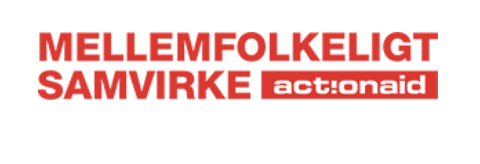
ActionAid Denmark (Mellemfolkeligt Samvirke)ActionAid Denmark (Mellemfolkeligt Samvirke) is a Danish NGO and civil society organisation with 25,000 members. It was founded in 1945 in an effort to help German war refugees in Denmark and grounded in a belief that the development of cross-cultural and cross-nationalrelations would prevent another world war. Since then MS has been doing civil society work figthing for equal rights and a life in dignity. In the local Aarhus chapter, the NGO works with grassroots and activists running a bar and event space Cafe Mellemfolkas well as having a shared office space with other green activists organisations. The profits from these places go to projects determined by the activists themselves.
In addition to these socioeconomic enterprises we have a wide network of political workinggroups on subjects such as Climate Justice, antidiscrimination, LGBTQ+, Feminism, Economic Inequality etc. In 2019,we hosted just short of 200 different events in Aarhus, we organised and helpedorganise various demonstrations and festivals for a more just and sustainable society and world! LINK
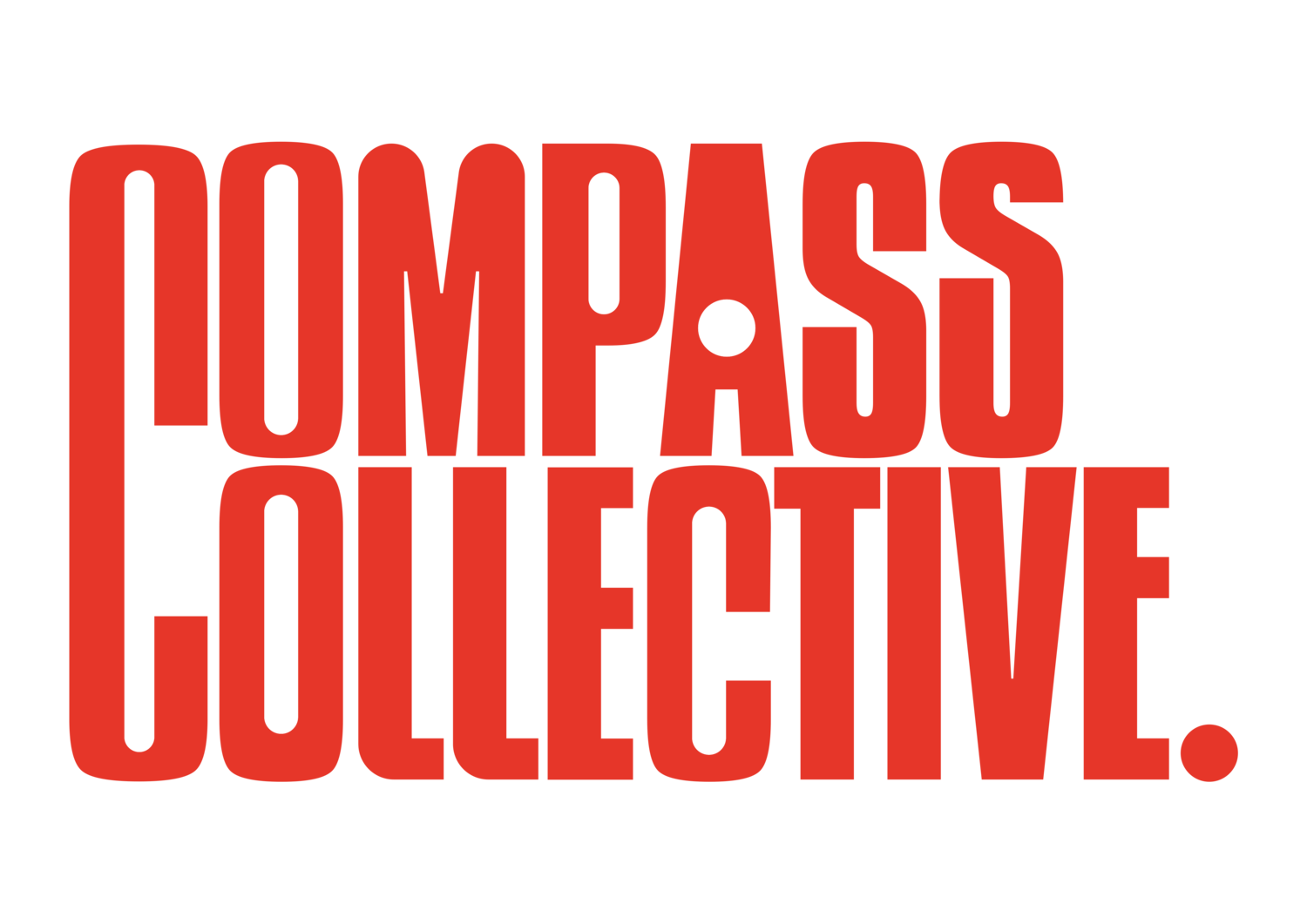
Compass Collective (UK) assists unaccompanied minor refugees and young people seeking asylum to build resilience and integrate into the UK through theatre, music and film projects and arts-led professional development programmes.
The aim of our work is to strengthen communities, build resilience and help people seeking sanctuary integrate into the UK.
We connect organisations and work in partnerships, collaborating with charities like the British Red Cross and arts organisations such as Shakespeare’s Globe to offer a platform for cultural sharing and celebration.
The benefits experienced by our young people extend far beyond the lifetime of our projects, and will have a lasting impact on their futures . Research has found that projects in the area of art and culture can help increase confidence to articulate experiences and express our feelings. It also provides a greater sense of dignity and humanity . We aim to alter perceptions and invite audiences to engage positively with our young people in a way that has not been seen or done before. LINK

